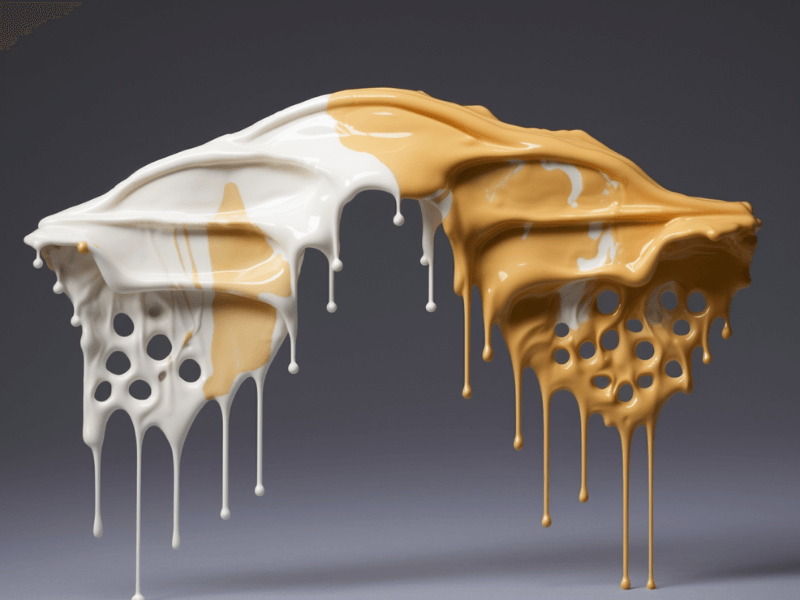In the fascinating world of adhesives, glue and epoxy might seem like two peas in a pod. They both stick things together, right? But a closer look reveals a much more intricate story.
Join us on this journey as we peel away the layers and expose the true differences between these commonly used adhesives: glue and epoxy.
Overview: Sticky Subjects – What We’ll Uncover
- Unraveling the adhesive attributes: how glue and epoxy adhere
- Durability and bond strength of glue vs epoxy
- Ideal projects and surfaces for glue and epoxy
- Weighing up the pros and cons: a comparative study

Adhesion Appraisal: How Glue and Epoxy Stick
The way an adhesive works can significantly affect its effectiveness. Here’s what happens under the hood:
- Glue: Most glues (like our friendly Super Glue) work through the process of evaporation. When glue is exposed to the air, the water or solvents it contains evaporate, leaving behind a substance that hardens and sticks. Glue forms a mechanical bond by seeping into the tiny pores of the surface material and hardening.
- Epoxy: Unlike glue, epoxy doesn’t rely on evaporation. Instead, it’s a thermosetting resin that requires a chemical reaction to set. When the two components of epoxy (resin and hardener) are mixed, they react to create a hard, durable substance that forms a chemical bond with the surface material.
Strength Showdown: Comparing Durability and Bond Strength
Now, let’s see how these adhesives hold up when it comes to durability and bond strength:
- Glue: Super glue forms a very strong bond quickly, making it great for small repairs. However, it can be brittle once cured, and it might not withstand heavy impacts or high temperatures.
- Epoxy: Thanks to its chemical reaction, epoxy creates a bond that’s not only strong but also resistant to heat, chemicals, and water. This makes it much more durable than most glues.
Project Pick: Glue vs Epoxy – What’s Best for Your Task?
Every project is unique, and choosing the right adhesive can make all the difference:
- Glue: With its quick-drying time, glue is ideal for quick fixes and small projects. It’s perfect for bonding similar materials like plastic-to-plastic or metal-to-metal.
- Epoxy: Given its durability and strength, epoxy is great for heavier duty projects and can bond different types of materials, like metal to wood. It’s also a go-to for gap filling, as it can be sanded and painted over once cured.
Adhesive Assessment: Weighing Up the Pros and Cons
Let’s break down the advantages and disadvantages of glue and epoxy:
Glue:
- Pros: Quick to dry, easy to apply, strong bond for similar materials.
- Cons: Can be brittle when dry, not heat or impact-resistant, not ideal for large projects.
Epoxy:
- Pros: Very strong and durable bond, heat and chemical resistant, excellent for bonding different materials.
- Cons: Takes longer to dry, mixing is required, can be messier to apply.
Conclusion: Stick with Knowledge – The Final Word on Glue vs Epoxy
In the world of adhesives, understanding the differences between glue and epoxy can help you make an informed choice for your project.
While glue offers a quick fix for small tasks, epoxy shines in heavy-duty, long-lasting applications.



